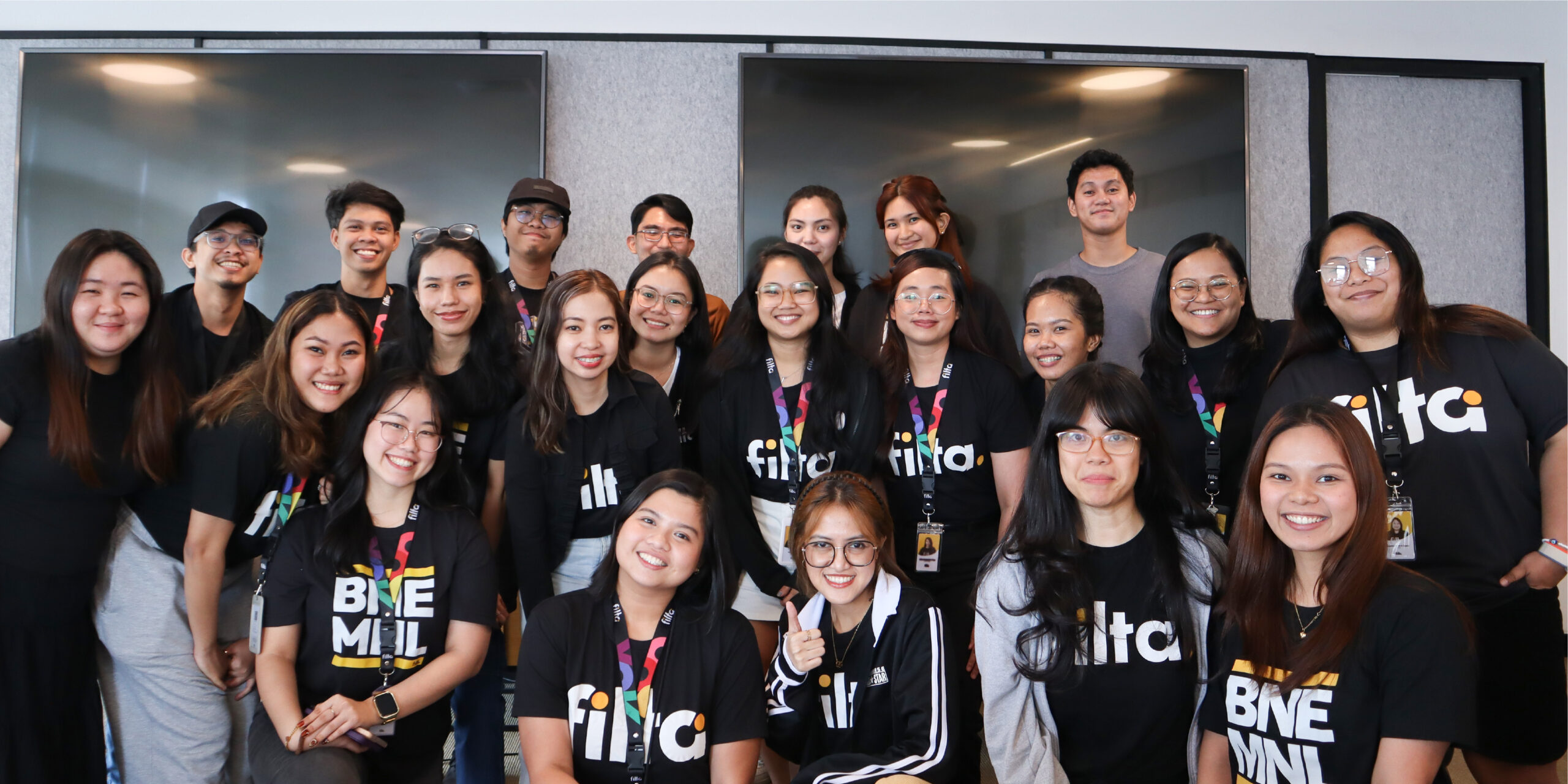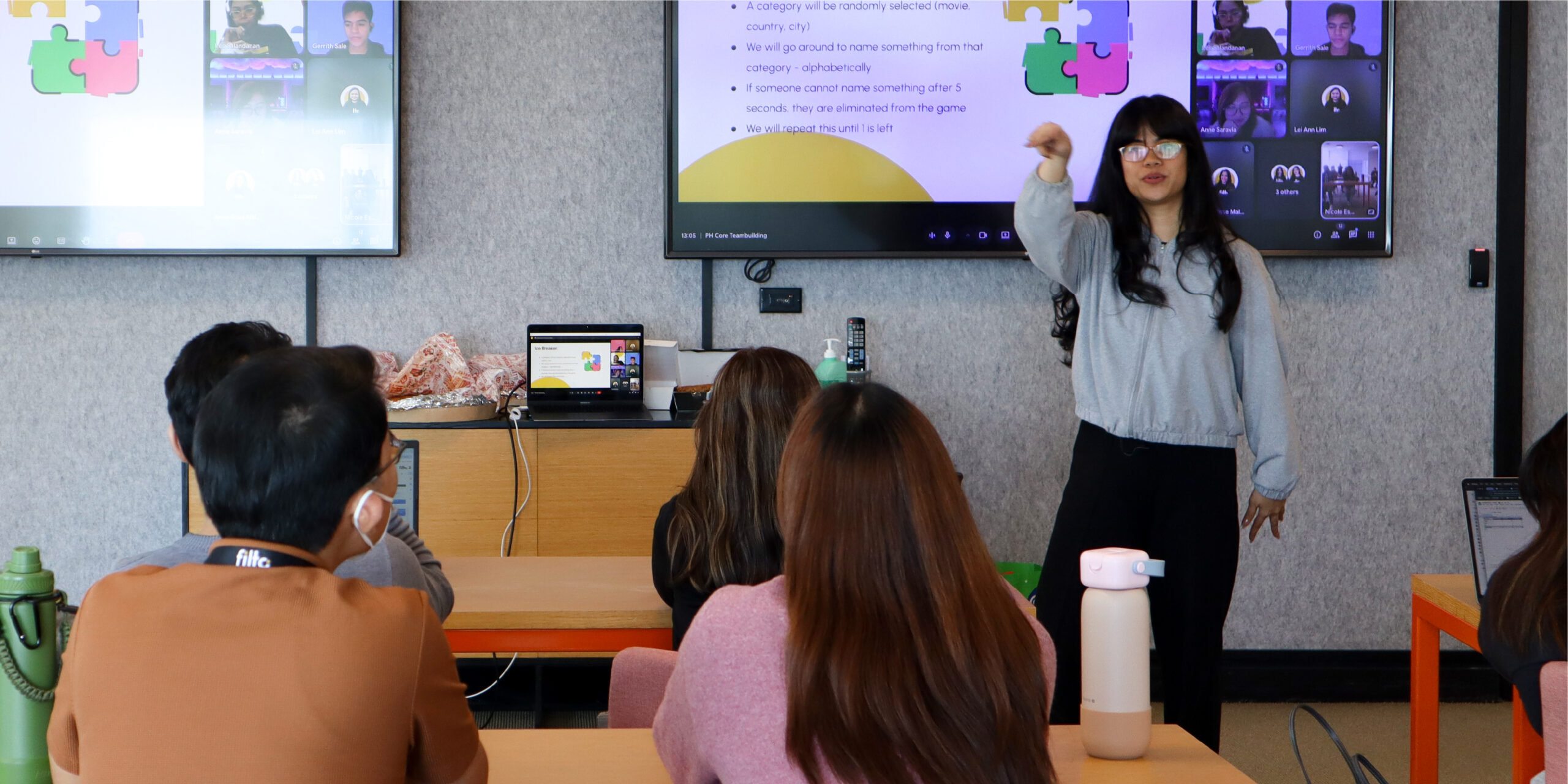Key takeaways:
- Remote work has stabilized at 25% of U.S. workdays and hasn’t declined in two years, according to Stanford economist Nick Bloom.
- Despite headlines suggesting otherwise, data from surveys, building access, and cell tracking all show remote work is holding steady.
- Hybrid work isn’t just popular, it’s profitable. A Trip.com study found no drop in performance, 35% lower quit rates, and $20M in annual savings.
- Successful hybrid work depends on coordination. Structured in-office days lead to better outcomes than loosely enforced policies.
- Remote work adoption is lagging in parts of the world due to policy gaps, even though it could significantly improve quality of life and productivity in dense, high-cost cities.
- Filta helps businesses tap into top remote talent in the Philippines and Colombia while managing payroll, compliance, and cultural integration.
Bottom line:
Remote work is here to stay. The data proves it. The benefits speak for themselves. And with the right structure and support, your business can embrace the future of work and grow with confidence.
If you’ve seen headlines saying “The End of Remote Work,” Stanford economist Nick Bloom wants you to know: the data tells a very different story.
Speaking at the 2025 Running Remote conference, Bloom offered a refreshingly evidence-based take on the current state of remote and hybrid work. His message? Remote work is not dying, it’s maturing.
“Work from home peaked at over 60% of working days during the pandemic,” Bloom explained. “Today, it’s stabilized at around 25%, and that figure hasn’t budged in two years.”
That 25% figure, supported by surveys, building access data, and even cellphone tracking, tells a consistent story: remote work is holding steady, not shrinking.
So why all the negative headlines? According to Bloom, it comes down to media incentives. “Headlines like ‘The End of Remote Work’ get clicks. Stories that say ‘It’s Still the Same’ don’t,” he said. The doom-and-gloom narrative grabs attention, even if it doesn’t reflect reality.
Hybrid Work Is Here and It Works
Beyond just stability, Bloom argued that hybrid work isn’t only popular, it’s profitable.
He pointed to a large-scale randomized A/B test conducted at Trip.com, where employees were split into two groups: full-time in-office and hybrid. After two years, both groups performed the same, but the hybrid group had 35% lower quit rates. The company also saved an estimated $20 million annually through reduced turnover and office space needs.
“This is not just about employee happiness,” Bloom emphasized. “It’s a bottom-line issue. Hybrid work is highly profitable.”
But There’s a Catch: Coordination Matters
While hybrid models offer clear benefits, Bloom warned that success hinges on one key element: coordination.
“People want to come into the office to collaborate and socialize,” he said. “If you’re forcing people in on random days when their team isn’t there, what’s the point?”
He highlighted the stark contrast between the International Monetary Fund (which uses fixed, structured in-office days) and the World Bank (where in-office policies are loose and inconsistently applied). The result? One works. One doesn’t.
Without a coordinated approach, hybrid work becomes inefficient and frustrating. Something both employers and employees want to avoid.
A Global Opportunity, Waiting to Be Tapped
Bloom also presented global data, noting that English-speaking countries lead in remote work adoption, while many Asian nations are falling behind, a trend he called a “policy failure.”
Screengrab from Nick Bloom’s (Professor of Economics at Stanford University) data presentation, while speaking at the 2025 Running Remote Conference. Source: Running Remote YouTube – “The latest in the RTO and WFH battle.”
In places like Manila or Bogotá, where commutes are long, real estate is expensive, and internet infrastructure is strong, remote work can significantly enhance quality of life and productivity. But it takes intentional effort, trust, and the right support systems to make it work well across borders.
And that’s where companies like Filta come in.
Filta Helps Build the Future of Work
At Filta, we know that the best talent isn’t limited by geography, and neither is the modern workforce.
We help companies tap into exceptional remote talent in the Philippines and Colombia while taking care of the employment logistics that often trip up international hiring: payroll, taxes, benefits, and compliance.
But we don’t stop at paperwork. We also provide ongoing support and cultural context to both employers and employees to ensure remote collaboration isn’t just efficient, it’s lasting, and meaningful.
Whether it’s helping a digital marketing firm in New York hire a Colombian content strategist or supporting an eCommerce brand in Australia with a full customer service team in the Philippines, we make remote work work, for everyone involved.
Why? Because we believe that happy, well-supported employees thrive, and thriving people build thriving companies.
Remote Work Works With the Right Support
Remote work isn’t going anywhere, and the companies that recognize that are already seeing the benefits. With strong data behind it and real-world examples proving its value, it’s clear that hybrid and remote models aren’t just good for employees, they’re good for business. But to make it work long-term, it takes more than just good intentions. It takes coordination, support, and a global mindset. With the right structure in place and the right partners by your side, your team can thrive, no matter where they are in the world.
Want to build a high-performing remote global team?
Let Filta help you source, support, and empower world-class remote talent in the Philippines and Colombia.
Contact us today via filtaglobal.com and let’s start building the future of work.



